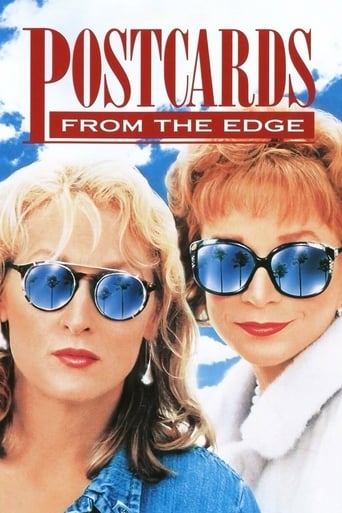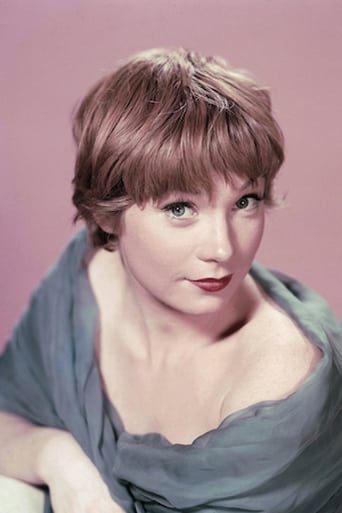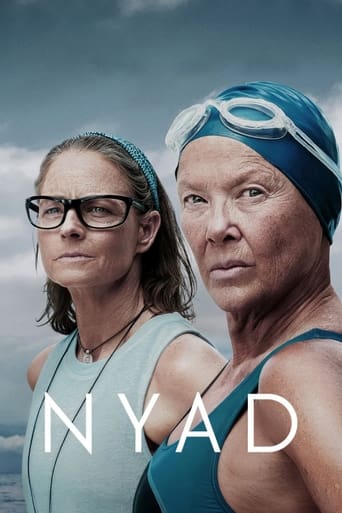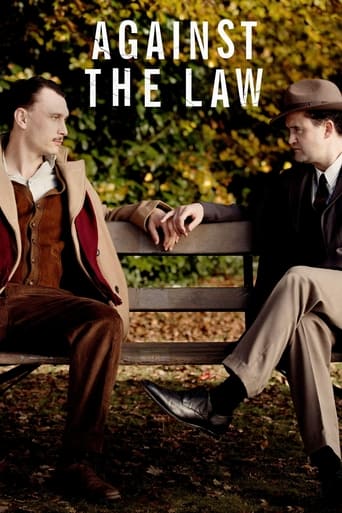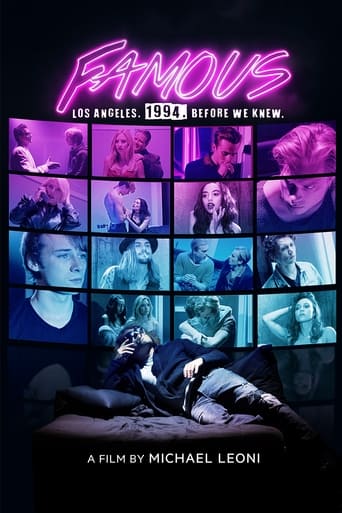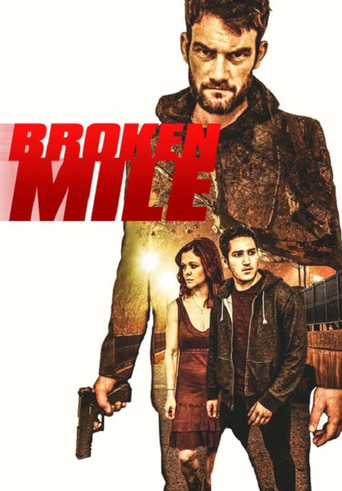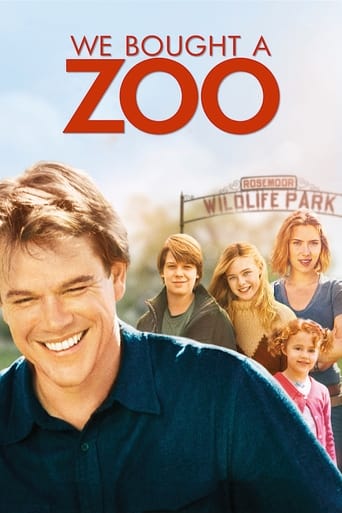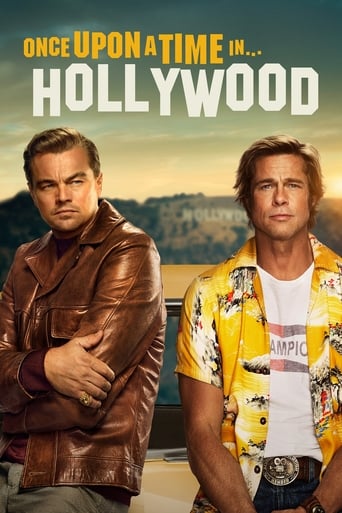Postcards from the Edge (1990)
Substance-addicted Hollywood actress, Suzanne Vale is on the skids. After a spell at a detox centre her film company insists as a condition of continuing to employ her that she live with her mother, herself once a star and now a champion drinker. Such a set-up is bad news for Suzanne who has struggled for years to get out of her mother's shadow, and who still treats her like a child. Despite these and other problems, Suzanne begins to see the funny side of her situation, and also realises that not only do daughters have mothers—mothers do too.
Watch Trailer
Cast


Similar titles
Reviews
Postcards from the edge really was destined for greatness just by hearing who heads up the cast. I mean come on, Shirley MacLaine and Meryl Streep! Two of my favorite actress starring in a powerful well written film. The two legendary artists turn in fine performances. They have great chemistry and deliver the dialogue very well. The two have very strong words for one another throughout the entire movie, the script is full of heated exchanges between the mother and daughter. They have an extremely fractured/strained relationship and that relationship is what the movie focuses on. There are some comedic moments and pieces of dialogue, so it's not all heavy and dramatic, but much of it is pretty heavy because there is a lot of junk in the past between the two that they try to work through and deal with. Honestly this movie relies on two things to make it work, without these things the film would fail miserably. The script and the actors performances. And since those aspects of the movie are spot on, this one is a big win. If you're looking for a family drama with some heavy issues and also some well done comedic material, then I'd definitely suggest postcards from the edge! 9/10.
Postcards from the Edge is a painfully compelling story about a young and talented actress overshadowed by her older and wildly famous actress mother.This movie, based on Carrie Fisher's novel of the same name, expertly explores the relationship of the parent/child who work in the same industry. You can see how competitive they get and how proud of one another they are. You can't help but compare their vices--one likes hard liquor and the other likes hard drugs--and how they go about denying that they have them. Streep and MacLaine play off of each other masterfully and really understand the relationship between the two characters. Maclaine steals the show with her subtle nuances that remind the viewer of who she is not-so-secretly-secretly channeling (For those of you who don't know, the story is based on Fisher's relationship with her mother Debbie Reynolds) though Streep hits her stride as the rain clouded daughter who refuses to be outshone.The harrowing heart of the story is enough to keep you engrossed for days, but you'll have to settle for the meager 100 minutes they give you. (Trust me, it flies by) Carrie Fisher proves that she has real artistic talent as she (Also wrote the screenplay) demonstrates most profoundly that she can capture the human heart and all of its trappings.Although the tale is one of a tumultuous and troubled relationship between the two stars, you will not fail to see the unconditional love that shines through right to the very end. 8.5/10
"Postcards from the Edge" represents one of Hollywood's occasional attempts to turn its cameras on itself by making a film about films and film-making. The central character is Suzanne Vale, a drug-addicted actress who is the daughter of Doris Mann, a leading cinema actress of the 1950s and 1960s. It is based on a novel by Carrie Fisher, an actress who at one time suffered from drug addiction and is the daughter of Debbie Reynolds, a leading cinema actress of the 1950s and 1960s. Despite these similarities, Fisher has denied that her novel was autobiographical. (Some, including Minnelli herself, have also seen parallels with Liza Minnelli and Judy Garland).The main theme of the film is the relationship between mother and daughter. Suzanne's drug habits have been affecting her career and even after treatment in a rehab centre she is warned that the studio's insurance policy will cover her only if she lives with a "responsible" individual, such as her mother. Suzanne, however, finds it difficult to live with Doris, who is about as irresponsible an individual as they come, and has her own substance dependence problems, in her case with alcohol. Doris is loud, selfish and manipulative, never missing a chance to interfere in Suzanne's life. There is also a sub-plot about Suzanne's relationship with movie producer Jack Faulkner, who professes passionate love for her on their first date, which she believes until she discovers that he is also sleeping with one of her co-stars in her latest picture.I watched this film largely because it stars Meryl Streep, one of my favourite actresses, and she is the best thing about it, even if I would not rate her performance quite as highly as the one she gave in "Silkwood", her earlier collaboration with Mike Nichols. (I have never seen "Heartburn", another film on which they worked together). Meryl even manages to do something which I would have thought beyond the capabilities of a first-rate actress- to give a convincing impersonation of a second-rate one. It is clear from the scenes where she is shooting her movie that Suzanne Vale is not meant to be an actress in the Meryl Streep class. Streep even gets to sing, and shows us that at one time she had a far better voice than the one she displayed in last year's awful "Mamma Mia!". I wondered what has happened to it over the last couple of decades.I also liked Shirley MacLaine as Doris, which is strange as I disliked her in "Terms of Endearment", another film in which she played a domineering mother who interferes in her daughter's life. I think that the difference is that her performance as Aurora in "Terms of Endearment" was such an over-the-top caricature that it seemed quite out of place in that lugubrious tearjerker. Her performance in "Postcards from the Edge" is no less a caricature, but then the film is less serious and lighter in spirit than "Terms of Endearment", and Doris is written as the sort of larger-than-life character who is such a drama queen, offstage as well as on, that her whole life almost becomes a deliberate self-caricature. It is the two women who are at the centre of the film, but there are also cameos from three major male stars, Dennis Quaid as Jack, Gene Hackman as a film director and Richard Dreyfuss as Suzanne's doctor, who also seems to be romantically interested in her.What I didn't like about the film was that it was, at times, too static and that it never finished what it seemed to be starting. It starts off as what seems to be a serious film about drug addiction, but this theme is never really developed. It then turns into a satire on the ways of Hollywood, but this theme is not developed either, and the film then becomes a study of a mother-daughter relationship, without approaching that subject too seriously. It has been described as a comedy, although I am not sure that is the right description if by "comedy" is meant a film primarily intended to make people laugh. (I doubt if many of the lines in "Postcards from the Edge" would have had audiences rolling in the aisles). It is a film notable for two good acting performances, but it never seems to know where it is going or what it is supposed to be saying. 6/10
"Postcards From the Edge" is a very funny movie, based on the biting novel by Carrie Fisher, about the pressures of being the child of a show business star.Director Mike Nichols is in top form as is Meryl Streep and an amazing supporting cast that includes Shirley McClaine, Gene Hackman, Richard Dreyfuss and Dennis Quaid.The movie is really quite short, and, to be honest, not a lot actually happens. In spite of this, it is thoroughly entertaining and a mighty good laugh. Owes a lot to the insightful, honest writing from Fisher's novel of the same name which was followed by two thematic sequels.Friday, March 1, 1991 - Forest Hill Chase

